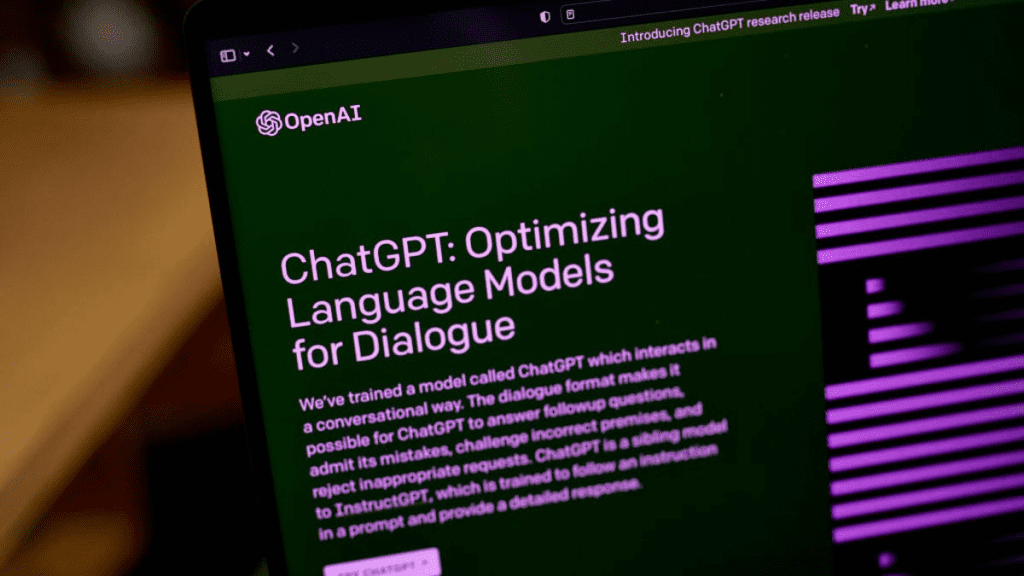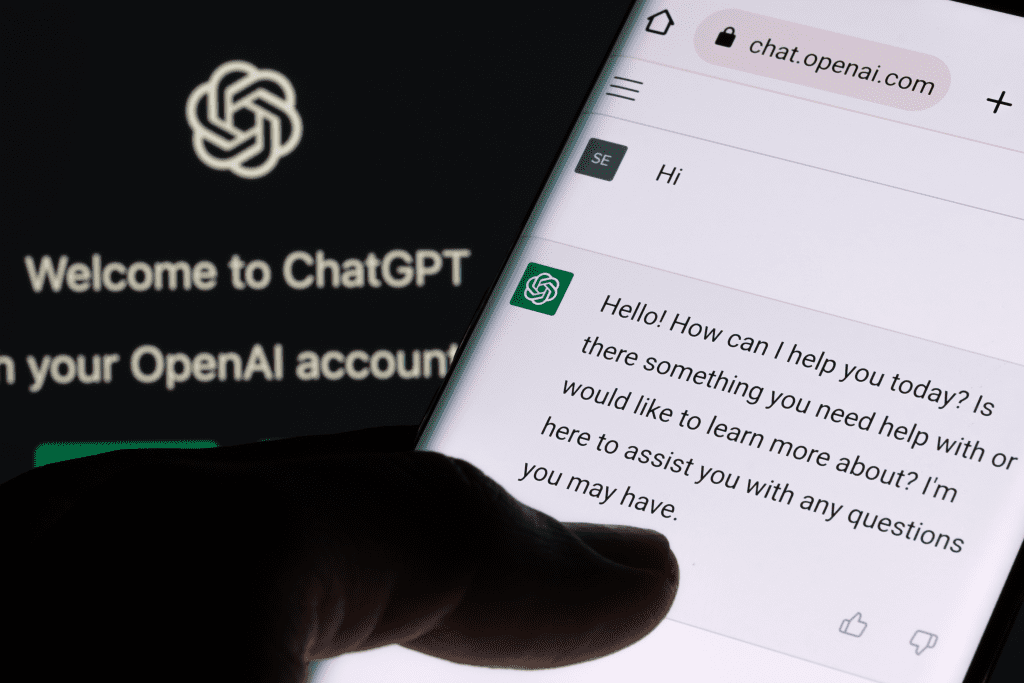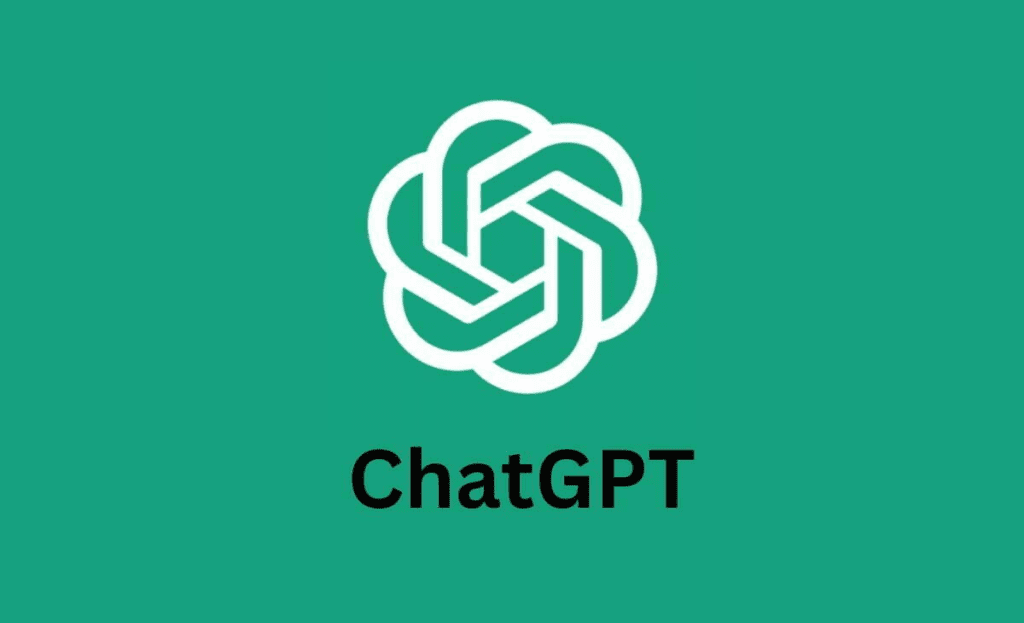OpenAI’s ChatGPT has emerged as a groundbreaking advancement in the field of AI technology, showcasing its impressive capability to mimic human-like responses in text-based conversations. However, despite its widespread acclaim, governments have raised concerns about this revolutionary chatbot. In this article, we will explore the top three reasons why authorities are investigating ChatGPT, shedding light on the issues that have captured their attention.

Ethical implications and privacy concerns:
One of the primary concerns prompting authorities to investigate ChatGPT revolves around its ethical implications and the potential invasion of privacy. As ChatGPT interacts with users, it gathers vast amounts of personal data and sensitive information. Governments are apprehensive about how this data is collected, stored, and utilized, raising questions about data security, consent, and user privacy. To ensure a high level of customer satisfaction and trust, it is crucial to address these concerns by implementing robust privacy measures, obtaining explicit consent from users, and providing transparent explanations of how their data is handled.
Bias and misinformation propagation:
Authorities have also expressed worries about the potential for ChatGPT to perpetuate biases and propagate misinformation. As an AI model trained on massive datasets, ChatGPT may inadvertently inherit the biases present in those data sources, leading to biased or discriminatory responses. This could have detrimental effects on users, reinforcing existing prejudices or disseminating inaccurate information. To mitigate this, it is vital to implement comprehensive bias detection and mitigation strategies during the model’s training process. Regular audits and ongoing monitoring should be conducted to identify and rectify any biases that may emerge, ensuring that the chatbot provides fair and reliable information to users.
Legal and regulatory compliance:
The third key concern prompting authorities to investigate ChatGPT pertains to legal and regulatory compliance. As an AI chatbot, ChatGPT has the potential to engage in activities that may violate existing laws or regulations, such as spreading misinformation, engaging in illegal activities, or infringing intellectual property rights. It is essential to establish clear guidelines and standards to ensure that ChatGPT operates within the boundaries of the law. Implementing robust content moderation mechanisms, verifying the accuracy of information shared, and cooperating with authorities in cases of legal infringements are critical steps to address these concerns.

While OpenAI’s ChatGPT has revolutionized AI technology by replicating human-like responses, authorities have legitimate reasons to investigate its implications. Ethical concerns regarding privacy, the potential for bias and misinformation, as well as legal and regulatory compliance, are crucial considerations for ensuring the best customer experience and satisfaction. By addressing these concerns head-on, OpenAI and relevant stakeholders can foster a responsible and trustworthy environment for AI chatbot technology, paving the way for its widespread adoption and acceptance.



